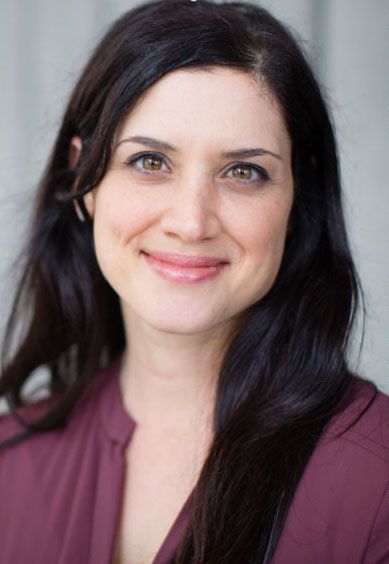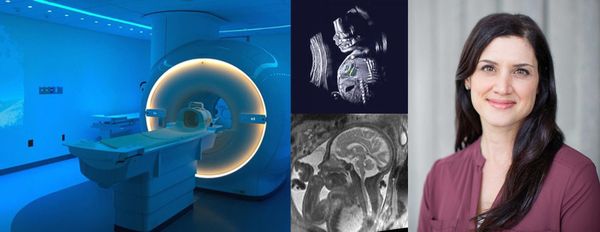
Principle Investigator: Shabnam Peyvandi, MD MAS
Study Team
- Patrick McQuillen, MD
- Stephany Cox, PhD
- Duan Xu, PhD
- Jing Liu, PhD
- Dawn Gano, MD
- Orit Glenn, MD
- Yensy Zetino, CRC
- Cassy Williams, RN
Children with complex forms of congenital heart disease can have developmental and learning differences throughout infancy, childhood and adolescence. It is important that we identify these differences early and recommend interventions so children can thrive and reach their potential. Our study team has made several critical discoveries over the last decade including the observations that babies with severe congenital heart disease have evidence of delayed brain development and are at high risk for mild forms of brain injury which can lead to some differences in motor and cognitive outcomes. The Fetal Heart & Brain Study aims to determine whether we can predict early in fetal life which ch ildren are going to be at highest risk for these differences so that we can think of ways to intervene earlier, beginning in utero. To do this we are using novel imaging techniques including fetal brain MRI and fetal echocardiography to study the heart and brain of fetuses affected with complex forms of congenital heart disease. After birth, we continue to study the heart and brain using a combination of imaging and standardized developmental tests that are administered by specialized members of the study team.
Thanks to the advancements in technology and peri-operative care of newborns with congenital heart disease, more children are growing up and learning to live with their heart defect. Our goals are to ensure that these children have the best possible quality of life by optimizing their development and providing support where needed. The Fetal Heart & Brain Study begins that process before birth.
For more information about the study go to Pediatric Heart and Brain Research Program or contact Shabnam Peyvandi, MD MAS at 415-353-2008 (shabnam.peyvandi@ucsf.edu)

